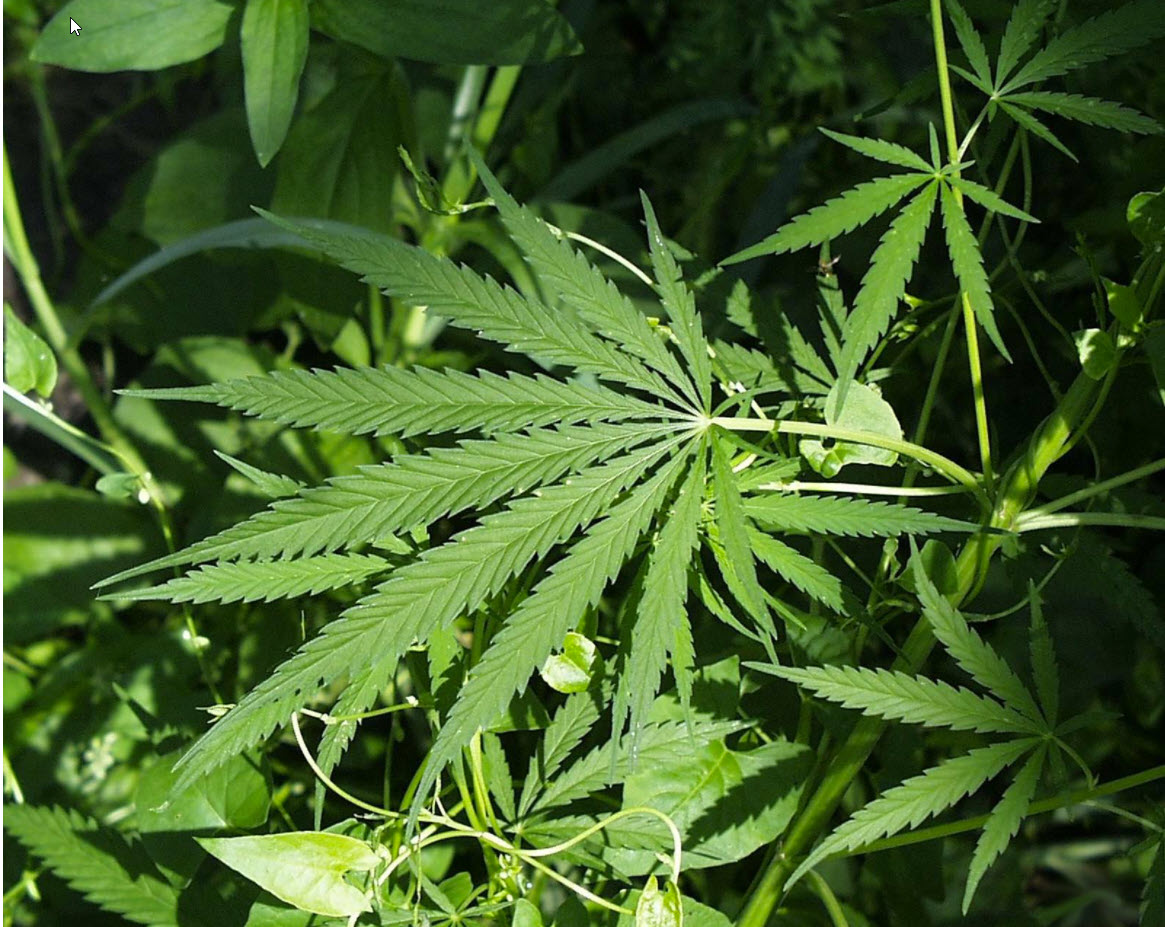Cannabis legislation
Excerpted from the New Jersey state the municipalities website
Can cannabis facilities operate within “Drug-Free School Zones?”
The Comprehensive Drug Reform Act of 1987 (CRDA) (N.J.S.A. 2C:35-1 et seq.) makes “distributing, dispensing or possessing with intent to distribute a controlled dangerous substance or controlled substance analog while on any school property used for school purposes that is owned by or leased to any elementary or secondary school or school board, or within 1,000 feet of such school property or a school bus, or while on any school bus,” a crime of the third degree. This 1,000-foot buffer is what is often referred to as the “drug-free school zone.”
The recently adopted cannabis legalization law changed the definition of “controlled dangerous substance” within the CRDA to preclude legalized cannabis. This change means that a licensed and authorized cannabis facility may operate within the 1,000-foot drug-free school zone.
It must be noted, however, that while cannabis is no longer considered a controlled dangerous substance under New Jersey law, Federal law continues to identify all forms of marijuana, including medicinal marijuana, as a Schedule 1 controlled substance that has potential for abuse and diversion pursuant to the Controlled Substances Act, 21 U.S.C. §§ 801 et seq.
Under the federal Controlled Substances Act, “distributing, possessing with intent to distribute, or manufacturing a controlled substance in or on, or within 1,000 feet of, the real property comprising a public or private elementary, vocational, or secondary school or a public or private college, junior college, or university, or a playground, or housing facility owned by a public housing authority, or within 1,000 feet of a public or private youth center, public swimming pool, or video arcade facility,” remains a Federal criminal offense.
